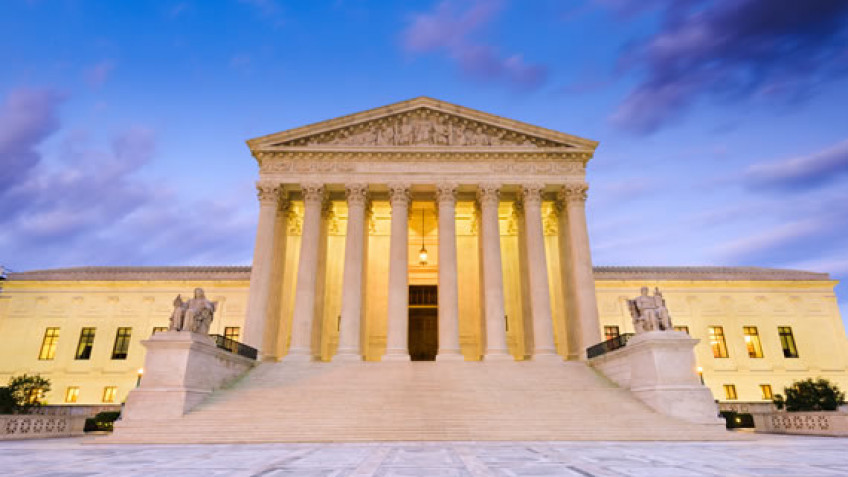The Ministerial Exception After Hosanna-Tabor: Firmly Founded, Increasingly Refined | The Federalist Society
The Supreme Court’s unanimous 2012 decision in Hosanna-Tabor Evangelical Lutheran Church and School v. EEOC firmly established what the federal courts of appeals had previously recognized for decades: that religious ministries have an absolute First Amendment right to select their own religious ministers, free from government interference.[1] The Court, like many courts of appeals before it, explained that the founders protected this right through both Religion Clauses of the First Amendment. By “forbidding the ‘establishment of religion’ and guaranteeing the ‘free exercise thereof,’ the Religion Clauses ensured that the new Federal Government—unlike the English Crown—would have no role in filling ecclesiastical offices.”[2]But as the Court’s first foray into defining and applying the “ministerial exception” doctrine, Hosanna-Tabor understandably did not answer all questions about how the doctrine operates. Some of those questions are important. Such as how to determine what a religious ministry is, who a religious minister is, what types of government interference are impermissible, and how a substantive right grounded in both Religion Clauses should operate at a procedural level. To give concrete examples: does a Jewish day school count as a ministry, even if it has an equal opportunity policy that forbids religious discrimination in employment, receives government funding, and accepts non-Jewish students? Is the principal of a Catholic elementary school a minister, even if she has neither formal religious training nor an explicitly religious title? Is enforcing a ministerial contract’s for-cause termination provision impermissible interference, even where the ministry’s basis for termination was not the quality of the minister’s sermons? Finally, can the ministerial exception be lost in whole or in part via procedural means, such as waiver or inability to raise it immediately on interlocutory appeal?To be sure, the Court’s analysis in Hosanna-Tabor informs, and in some instances largely answers, these questions. But lower courts are now working through the answers to all of them. This article provides a survey of what conclusions the courts are reaching.
Read the rest here: The Ministerial Exception After Hosanna-Tabor: Firmly Founded, Increasingly Refined | The Federalist Society
Note: All posts in News Items, Opinion Pieces, and Home & Family are offered as a matter of interest to our readers. They do not necessarily represent the views of FBFI. They may often represent a different point of view which we think our readers might like to be aware.

